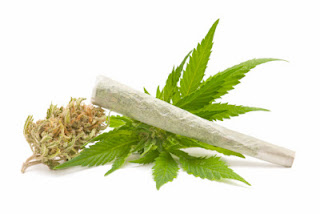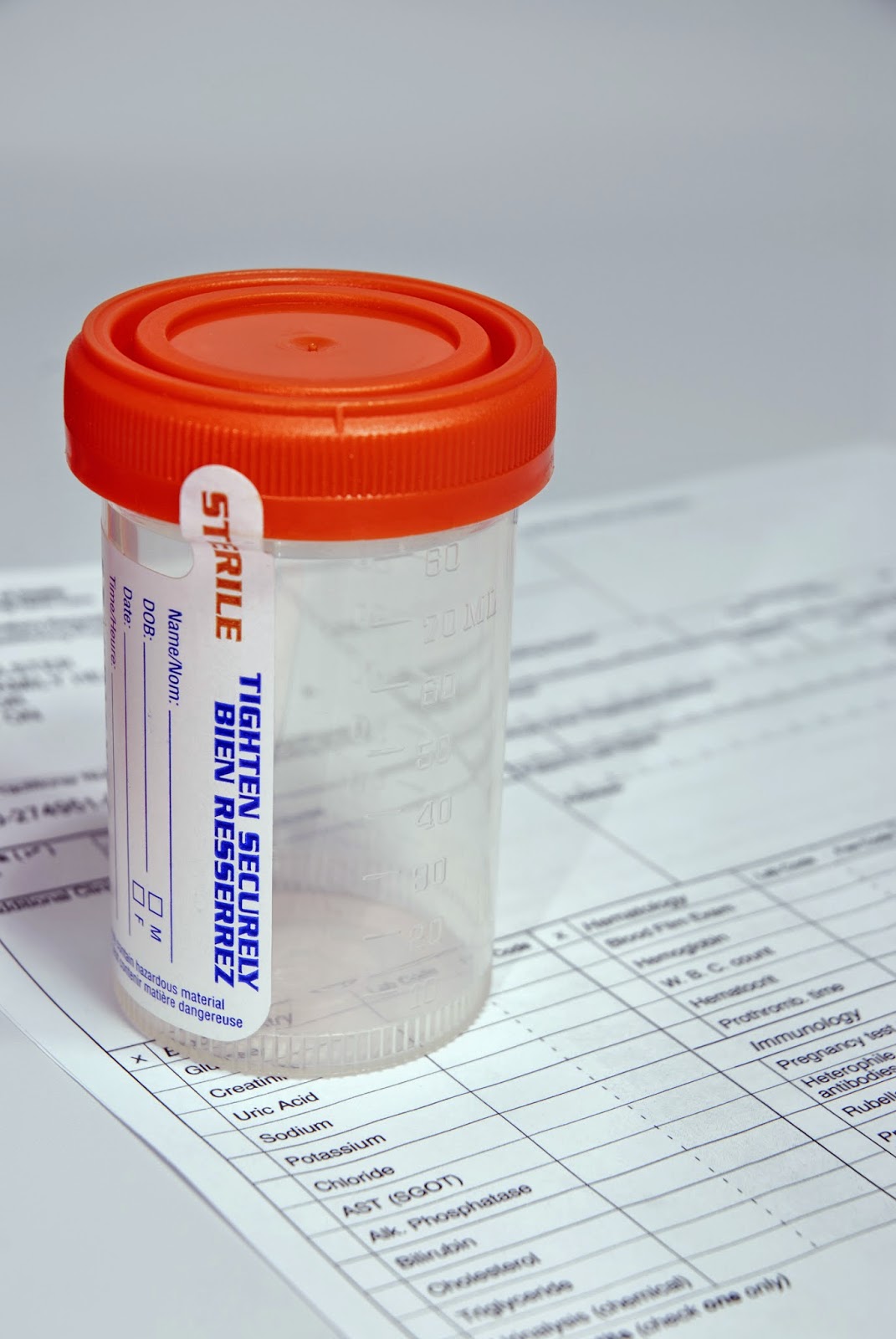What do I say when my child asks about medical cannabis?
 The issue of medical cannabis poses an increasingly difficult problem for those trying to provide cannabis prevention messages to young people. Since a number of American states have made 'medical marijuana' available I have had more and more students question why the drug is illegal in this country if it used as a 'medicine' in other countries. I'm also being asked by parents attending my presentations how best to handle questions around the issue ...
The issue of medical cannabis poses an increasingly difficult problem for those trying to provide cannabis prevention messages to young people. Since a number of American states have made 'medical marijuana' available I have had more and more students question why the drug is illegal in this country if it used as a 'medicine' in other countries. I'm also being asked by parents attending my presentations how best to handle questions around the issue ...I'm not the biggest fan of American TV comedies but recently I have watched a couple of such shows that have based the week's episode around the availability of medical cannabis - as you can imagine, hilarity ensues! When you think how much our society is saturated with American pop-culture references and how much these influence our day-to-day life, it's not surprising that some young Australians are starting to believe that cannabis is also available in this country for therapeutic purposes.
Even those in the 'pro-cannabis' camp acknowledge that the earlier a person starts using the drug, the greater the risks (what those risks are causes the great debate), so it is important to try to prevent early use of cannabis whenever possible. So what do we know about the therapeutic benefits of cannabis and what do we tell young people to clarify the issue and not confuse our basic prevention messages?
There's no getting away from the fact that the medical uses of cannabis have been recognized for thousands of years. Physicians in ancient China used it to relieve constipation, loss of appetite and pain during childbirth. However, with the development of pharmaceutical drugs in the 20th century, herbal cures in general fell into disuse. In recent times, however, more and more people have been searching for alternative remedies that may have fewer side effects than the medicines they have been prescribed by their doctors.
Although there are often existing therapies available for the medical conditions that cannabis may be used to treat, some people experience severe reactions when they are used or they simply don't work effectively for them. Cannabis appears to offer an alternative for those people. Some of these conditions include:
- pain relief
- nausea and vomiting, particularly in those people who are having chemotherapy for cancer
- wasting, or severe weight loss, in people who may have cancer or AIDS
- neurological disorders such as multiple sclerosis (MS)
Although some people smoke cannabis for therapeutic reasons, there are many researchers around the world who are currently trying to develop synthetic products that work in a similar way to cannabis. We use the term 'cannabinoids' to refer to pharmaceutical quality drugs that act in the same way in the body as some substances in the cannabis plant, such as THC.
It is very important to remember that cannabis and cannabinoids are useful to relieve symptoms of illnesses, but do not cure the underlying disease.
Using cannabis for medical reasons is all about 'weighing up the pros and cons'. There are a range of negative consequences associated with cannabis use, some of them linked to smoking the drug, others that are not. One of the most significant of these, particularly for young people, is that the drug continues to be illegal across Australia. A person who uses cannabis for medical reasons and gets caught is not exempt from prosecution. These risks need to be remembered. However, if a person is dying from cancer, is in great pain and does not have long to live, and all the pharmaceutical drugs in the world have not made any difference, the possibility of some relief can make cannabis appear very attractive.
When Sid called me to ask me questions about cannabis and its effects, I was immediately impressed by the older gentleman. He had been married to his wife, Mary, for over 50 years and for the past few years she had been extremely ill as a result of cancer. She had been bed-ridden for the past six months and had been in great pain. The doctors had tried every type of pain killer and none had been effective. The doctors said that she did not have much time to live and the best they could do was to keep her as comfortable as possible. Unfortunately they didn’t seem to be doing a very good job.
Sid had heard about cannabis from another partner of someone with cancer who had experienced some major pain relief after smoking cannabis. Sid finally went to one of his grandsons and asked him to purchase the drug so he could see if it would have a similar effect on his wife. He had used the drug in a tea and saw an immediate effect on his wife and desperately wanted to know more.
He told me that he could not buy the drug through his family anymore. He was well aware that the drug was illegal and did not want to expose any of his family members to the legal ramifications but he did not know where to turn next. I referred him to some pro-cannabis websites that may give him some information and wished him well.
Over six months later Sid called me to tell me that Mary had died. The last few months had been almost pain free for the woman due to some cannabis that Sid had been able to purchase through a website he had found which specifically helped people like him.
Sid had a major moral dilemma. He did not approve of illegal drugs and he had read up on the health effects of cannabis and was well aware of the legal risks that he was taking. He had 'weighed up the pros and cons' of using the drug, however, and felt that in his circumstance it was worth the risk to improve Mary’s quality of life.
When you discuss this topic with your children there are a whole pile of moral issues that come into play. For most parents, this conversation with your teenagers is not going to be as simple as easy as 'cannabis is a medicine' or 'cannabis is illegal'. This is a complex area and one that can stimulate interesting debate and thought from all parties.



Comments
Post a Comment